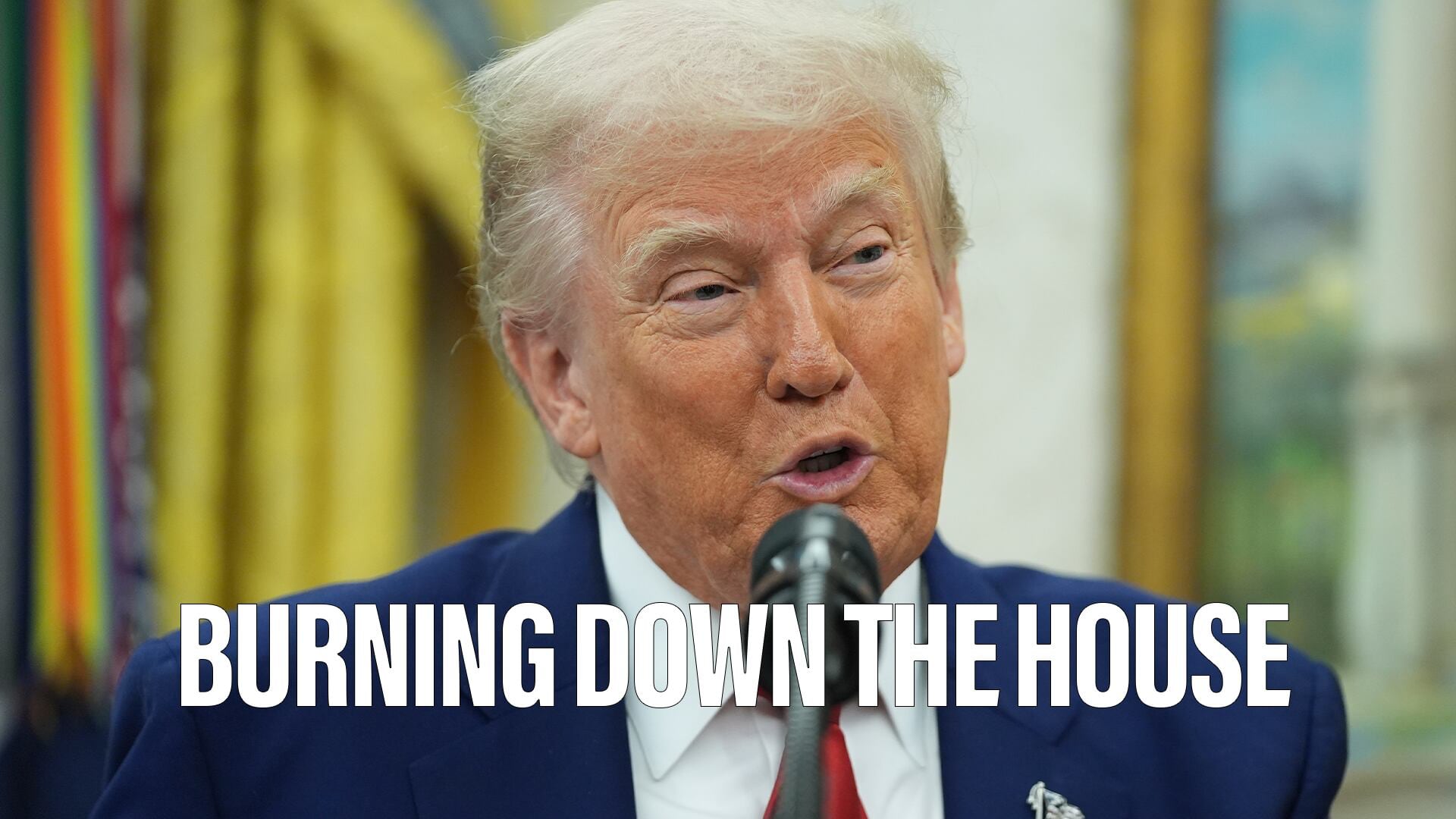PARIS — Dassault Aviation is in the "final phase" of price negotiations with India for 36 Rafale fighters, with the company in talks with potential local partners to build a hoped-for 90 more units, chairman Eric Trappier said March 10.
"We are getting closer," he said as the company presented 2015 results. "We are in the final phase."
The talks continue after Trappier had in January set a four-week target, when France and India signed an intergovernmental agreement on New Delhi buying 36 fighters.
Dassault seeks to set up "a real partnership" with Indian industry rather a conventional offset, which requires investing in unrelated sectors, he said. That partnership approach would see Safran, Thales and other French suppliers working with local partners on the Rafale if New Delhi agreed the order for 36 and followed up with a further 90 units, he said. That second order was needed as the former figure was too small to justify a local build.
Dassault is waiting to see if Canada, which recently made its scheduled payment into the F-35 program, will cancel its order for the US fighter and launch a tender, Trappier said. Canadian companies have a stake in the American project, but Dassault would find local partners if there were a fresh competition.
Switzerland is now looking for a fighter to replace both the F-5 and F-18, and the multirole Rafale would meet the requirement, he said.
Saab's Gripen won a previous competition to take over the F-5 but a public referendum led to a cancellation of that selection.
Talks on the Rafale are continuing with the United Arab Emirates, he said.
Dassault has opened an office in Belgium, which has asked for information on fighters for a planned acquisition.
Discussions continue with Malaysia, with local maintenance an option, he said. The French fighter is competing with Boeing F/A-18, Saab Gripen and Eurofighter Typhoon for an order of 18.
Dassault last year delivered five Rafales to France and three to Egypt, with a further modified three to Cairo in January. That made up the annual output of 11 units, or one a month, except for August when the assembly line closes for holiday.
Monthly output could rise to three units if India and other countries signed up for the fighter, he said. Production for Qatar starts this year.
Dassault will deliver six Rafales to France this year, falling to one in 2017. Deliveries are due to rise in 2018.
France needed export deals to be signed, allowing deliveries to the French Air Force to be postponed and funding diverted to other programs.
Trappier welcomed the March 3 announcement by Britain and France at Amiens, northern France, of the launch next year of a demonstrator project for the Future Combat Air System, an armed drone.
That "really serves to anchor" the project, leading to an operational unmanned combat air vehicle when the budget is available, he said. "We hope as early as possible," he said.
Dassault reported 2015 net profit of €482 million (US $ 540 million), up from €398 million in the previous year, on sales of €4.2 billion, up from €3.7 billion. The profit margin was 11.5 percent of sales, up from 10.8 percent.
The company expects sales to fall this year.
Orders for the Falcon business jet halved to 45 units from 90, and the company needs to cut costs in view of the competition in the market, Trappier said.
Orders rose to €9.9 billion from €4.6 billion, boosted by the orders from Egypt and Qatar. The order backlog rose to €14.2 billion from €8.2 billion. Cash holdings rose to €2.9 billion from €2.4 billion.
The company invested €431 million of own funds in research and development, 10.3 percent of sales.
The contracts with Egypt and Qatar, and the expected deal for 36 fighters for India "have transformed the medium-term outlook for Dassault's military aircraft business," said a Feb. 9 stock market research note from Agency Partners.








